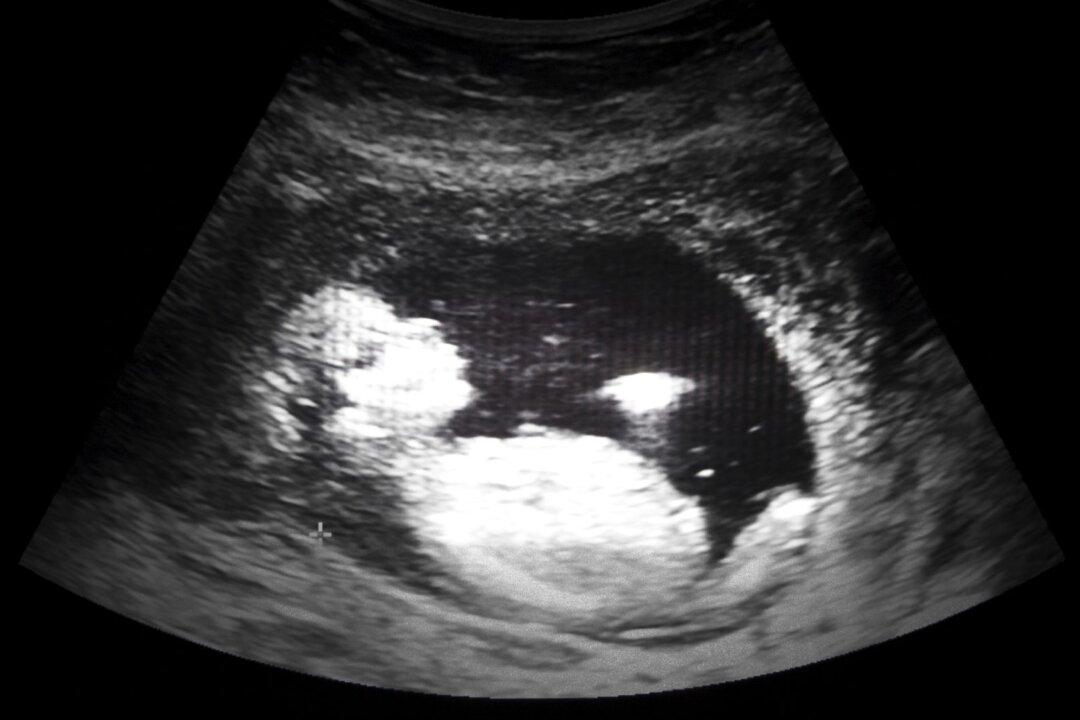Mississippi lawmakers continue to push ahead with a proposal that could become one of the strictest abortion laws in the nation.
The House amended and passed Senate Bill 2116 on March 11. The bill would ban most abortions once a fetal heartbeat is detected, usually at about six weeks into pregnancy. The House and Senate must work out differences in their respective bills before it moves forward to Gov. Phil Bryant.




